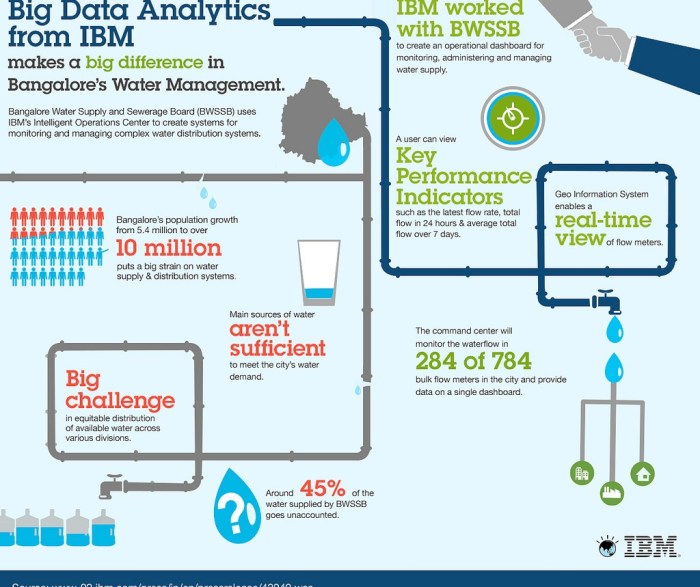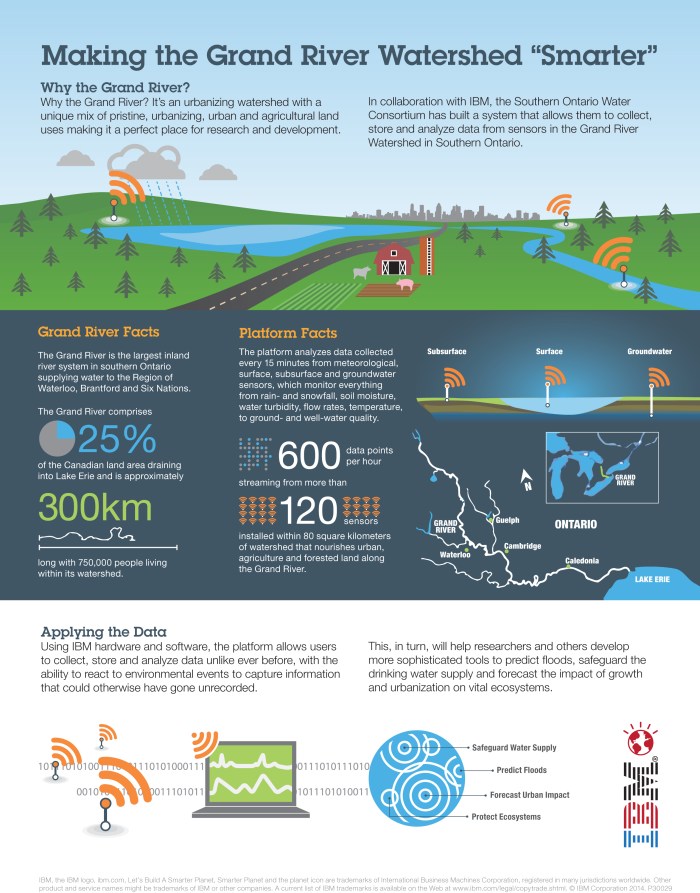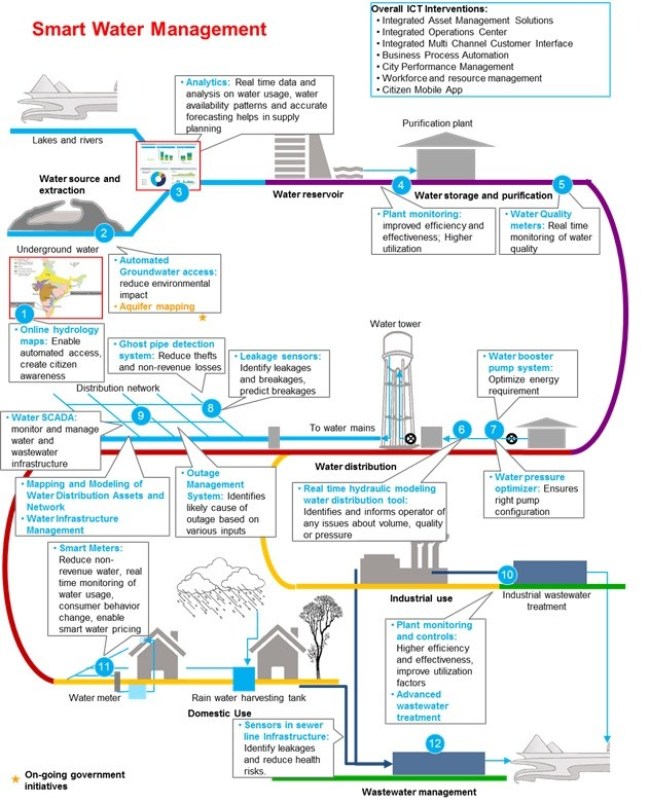How the Internet of Things Helps Water Management
Learn about how the Internet of Things is affecting water management, from smart irrigation to water consumption in a city.
Join the DZone community and get the full member experience.
Join For Freewe have been associating the internet of things technology specifically with smart homes, smart cities as well as traffic management systems where they would control the way our lights, doors and traffic lights would work. however, a lesser-known fact about the internet of things technology is that it is also applicable across many other fields associated with our day-to-day lives. one such area which can get highly influenced by the internet of things technology is water management . ever since mankind came into existence, the proper use as well as management of water has been a topic of much debate as well as caution for everyone.
we are already accustomed with the advantages of inculcating the internet of things technology in our everyday life. not only will it make human life more convenient; it will also help in the effective conservation as well as management of our resources and energies. without wasting much time, let us take a detailed walk through the concept of internet of things and water management. starting from figuring out the right amount of water that must be present in the reservoirs and overhead tanks during any particular point of time, iot will also offer assistance in determining the cost of fabricating and erecting pump houses. this dream come true revolution in the field of water management and distribution can be achieved through a combination of optimization techniques, internet of things (iot) ideologies as well as predictive analytics.

how ibm makes water management in bangalore smarter?
so how exactly will the iot technology help in water management as well as conservation? to begin with, there is the need for level sensors and equipment which are deployed across the reservoirs and overhead tanks. it is to be noted that level sensors are specially- designed sensors which can establish the level of water present in a tank/reservoir. this established water level can then be communicated to the central servers which are deployed for the purpose of effective water conservation as well as management. this information is passed on to the central servers on a regular basis, which further helps in determining the amount of water usage on a daily basis and also indicates the level of water that is present in the reservoirs or tanks.
internet of things and smart irrigation
the iot technology is beneficial in smart irrigation as well. internet of things can be used for getting the right amount of water at the right destination for the right duration. it is basically a data-driven shift which is made possible by the wireless communication enabled by the internet of things technology.

how ibm is helping ‘grand river’ in predictive water analysis?
how iot can assist in determining water demand in a city
one of the crucial challenges of water management as well as conservation in a city is to determine the amount of water that any particular city is going to utilize during the next day. this can be calculated to precision with the use of predictive analytics . this is done by keeping a track on the history of water consumption in the city on any given day. based on the historical data collected and analyzed by predictive analytics and combined with the consideration of special events, holidays, as well as the weather in that city, we can determine the amount of water that the entire population is going to consume in one day.
let us take into consideration the collective consumption of water on a winter day as well as a summer day. it is a known fact that the consumption of water is comparatively very less during the winter. this we could easily determine from the historical data collected as well as the fact that there is less water consumed for washing as well as bathing purposes during the winter. on the other hand, take into consideration a day like holi where there is a huge amount of water consumed throughout the day. given to the fact that water often gets wasted unnecessarily during such festivities, it would not be wrong to say that there is comparatively more consumption of water during summers.

smart water management working
this is also where the importance of historical data as well as predictive analysis comes into consideration. when we have knowledge about the amount of water that is required for overall consumption in a city on any given day, it becomes easy for the water authorities to maintain the level of water in a water reservoir/tank and then pump the water into overhead tanks as required throughout the day.
not only this, the internet of things technology also helps in scheduling the maintenance as well as shutdown of pumps on a regular basis. there are optimization techniques which can beforehand convey to the residents of a city regarding the unavailability of water during any particular point of time. this helps the water regulation authorities in not only meeting the adequate water demands in a city; rather it also aids in the conservation of resources and energy.
another advantage of internet of things in water management is the reduction in energy pricing and consumption. keeping in mind the goal of meeting the water requirements in a city, predictive analytics can be used to calculate the price of energy during different hours in a day. this information can then be used for scheduling the pumps throughout a day in such a way that there is no loss of unnecessary energy or resources.
about the author
this post by yash mehta first appeared on his blog iot worm . yash mehta is a data science expert and has three years of writing experience in this field. he is an iot geek and sole owner of iotworm blog. you can read more about him from yashmehta.net.
Published at DZone with permission of Yash Mehta. See the original article here.
Opinions expressed by DZone contributors are their own.

Comments